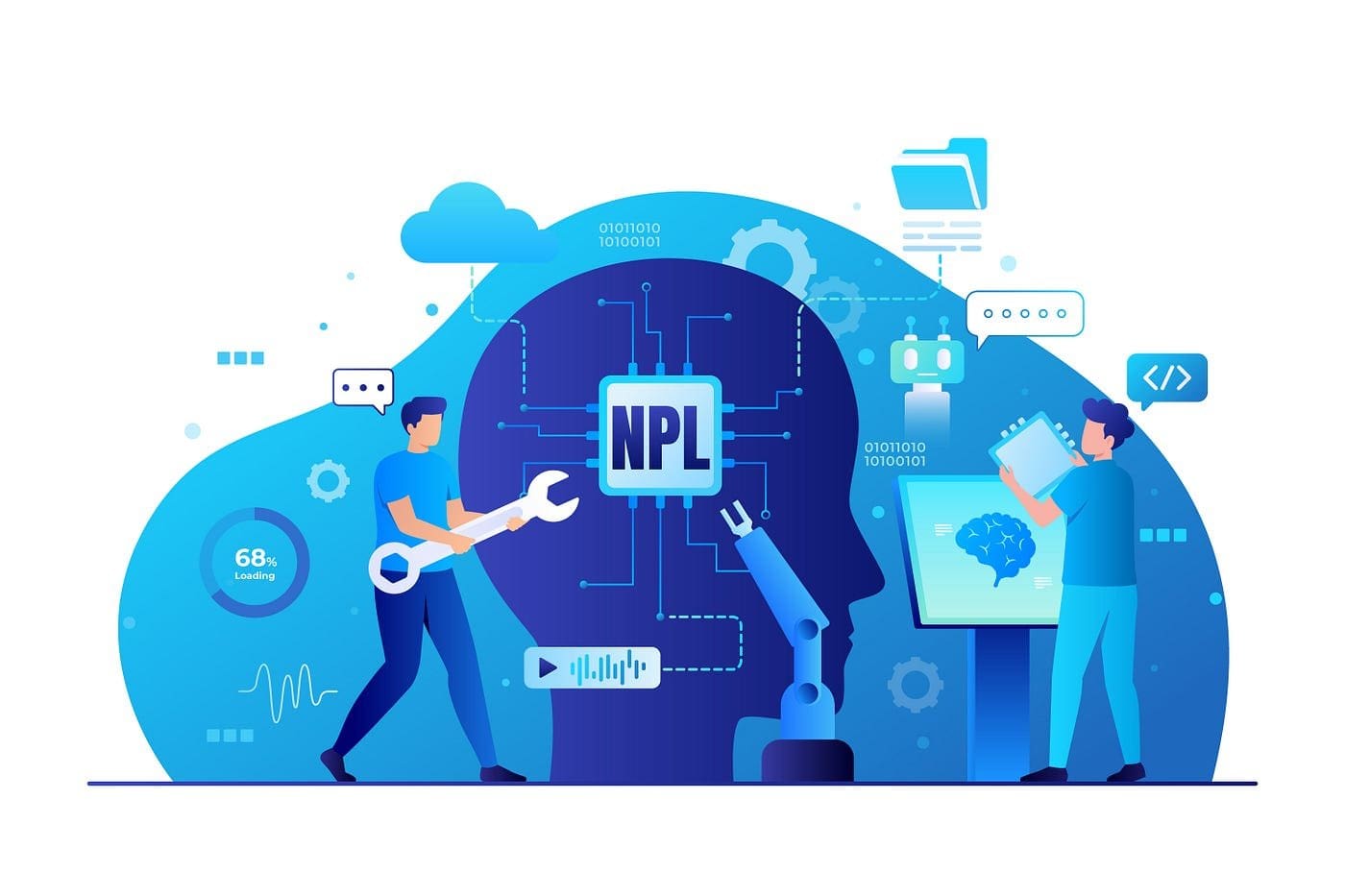Imagine a future where machines not only understand our language, but can hold meaningful conversations, comprehend context, and even exhibit emotional intelligence. This is not a distant dream, but a reality that is rapidly advancing through breakthroughs in natural language processing (NLP) and artificial intelligence (AI) technology. With NLP, machines are becoming more adept at understanding and interpreting human language, opening up endless possibilities for improved communication, automation, and personalized experiences. In this article, we will explore the latest advancements in NLP and AI and discover how they are revolutionizing the way we interact with technology. Get ready to be amazed by the power of language as machines become our language partners like never before.
Advancements in Natural Language Processing and Artificial Intelligence Technology
Ethical Considerations in AI
Artificial Intelligence (AI) has become an increasingly powerful tool in various fields, ranging from healthcare to customer service to financial analysis. As AI technology continues to advance, it is crucial to address the ethical considerations associated with its use. One of the major concerns in AI ethics is ensuring that AI systems are developed and implemented in a manner that respects human values and rights.
When it comes to AI, there is a need to establish guidelines and regulations that govern its deployment. This includes making sure that AI algorithms and models are designed to prioritize fairness, transparency, and accountability. Ethical considerations in AI also encompass issues such as privacy and data protection, as AI systems often rely on large amounts of personal data to function effectively.
Another area of ethical concern is the potential for AI to displace human workers. As AI systems become more sophisticated, there is a possibility that they could take over jobs traditionally performed by humans. It is vital to consider the social and economic implications of such displacements and develop strategies to support those whose jobs may be affected by AI automation.
In order to address ethical considerations in AI, interdisciplinary collaborations between computer scientists, ethicists, policymakers, and other stakeholders are of utmost importance. By bringing together diverse perspectives, we can work towards creating AI systems that align with societal values and ethical principles, thus ensuring that the benefits of AI can be realized while minimizing any potential harms.

This image is property of www.infinitivehost.com.
Bias and Fairness in AI
Bias is a significant concern in AI systems as they have the potential to reproduce and exacerbate existing social biases. Bias can be introduced at various stages of the AI development process, including data collection, model training, and algorithm design. If not addressed, biased AI systems can perpetuate discrimination and unfair treatment of individuals from marginalized communities.
To mitigate bias in AI, it is essential to carefully select and curate training data to ensure that it is representative and diverse. This includes considering factors such as race, gender, age, and socioeconomic background to prevent under-representation or over-representation of certain groups. Engineers and data scientists must be vigilant in examining their data sets for potential bias and take necessary steps to mitigate it before training AI models.
Moreover, transparency and accountability in the decision-making processes of AI systems are key to ensuring fairness. When AI systems are involved in making critical decisions that impact individuals' lives, it is important to have mechanisms in place to explain how those decisions were reached. This can also help in identifying and rectifying any biases that may be present in the AI system.
Addressing bias and promoting fairness in AI requires a collective effort from researchers, developers, and policymakers. It involves not only the technical aspects of AI system design but also a deeper understanding of societal biases and their consequences. By recognizing and actively working to eliminate bias in AI, we can create a more equitable and inclusive future powered by artificial intelligence.

This image is property of miro.medium.com.
Transparency and Explainability
In recent years, there has been growing awareness of the need for transparency and explainability in AI systems. Transparency refers to making AI systems and their inner workings more understandable to both technical experts and the general public. Explainability, on the other hand, focuses on the ability to provide clear and understandable explanations for the decisions made by AI systems.
Transparency and explainability are vital for several reasons. First and foremost, they help build trust and confidence in AI systems. When users and stakeholders can understand how an AI system arrives at a particular decision or recommendation, they are more likely to trust its outputs. This is especially important in critical domains such as healthcare, where decisions made by AI can have significant implications for patient well-being.
Transparency and explainability also play a crucial role in ensuring accountability. If an AI system makes an incorrect or biased decision, it is essential to be able to trace back the reasoning and identify any flaws or biases in the system. This allows for better accountability and the ability to rectify any issues that may arise.
Enhancing transparency and explainability in AI systems is a multidisciplinary effort. Researchers and developers need to design AI algorithms and models that are inherently interpretable and explainable. At the same time, policymakers and regulators need to establish frameworks and guidelines that encourage transparency and require explanations for AI decision-making processes.
Overall, advancements in natural language processing and artificial intelligence technology hold immense potential to transform various industries. However, it is imperative to consider the ethical implications, address bias and fairness concerns, and promote transparency and explainability to ensure that AI is a force for good. By doing so, we can harness the power of AI while protecting human values and rights, ultimately creating a more inclusive and equitable future.









